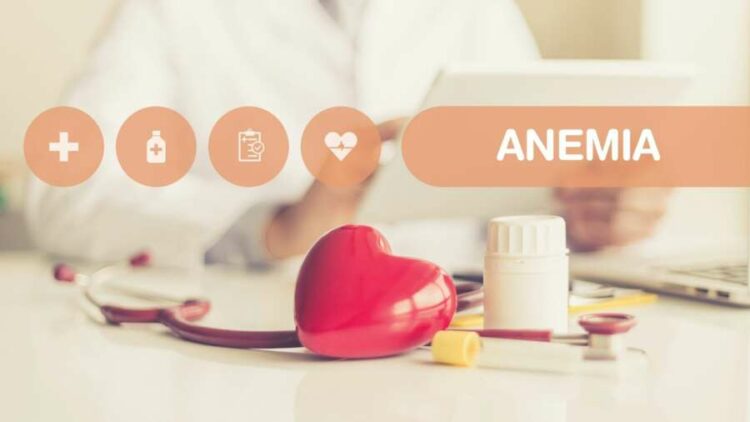When you hear the words, ‘What is anemia?’ you are likely to think of someone who needs a large injection of vitamin C intravenously, but this isn’t the only form of treatment for anemia that can help you get back to your normal weight.
Anemia (low red blood cells) has different causes: inadequate production of hemoglobin (the red pigment in the blood), low levels of red cell production, and excessive iron consumption. The symptoms of anemia include pale skin, fatigue, tiredness, weakness, pale yellowish fingernails and darkened skin around the eyes.
The good news is that there are several treatments for anemia that you can take advantage of. If you suffer from this condition, it’s important to find a treatment that is most effective for you.
A common treatment for anemia is to supplement your diet with iron, particularly vitamin C, vitamin B12, and folic acid. Iron supplements are usually taken orally, though some people take a supplement in tablet form. This helps to restore the amount of iron in your blood, allowing your body to absorb more iron and to repair itself.
Iron supplements can also be taken in tablet or liquid form, though the best type is usually a combination of vitamin C and B12. In most cases, a combination of supplements will provide the best benefits for you. Be sure to talk with your doctor before taking any vitamin or iron supplement.
Vitamin C is particularly effective in helping to maintain the normal function of the red blood cells. High levels of iron may damage the red blood cells and make them ineffective at carrying oxygen to the cells that need it. Vitamin C works by keeping iron levels in your blood from rising above normal, and it also provides the body with much needed vitamin K which can help to prevent iron deficiency.
Folic acid is another effective treatment for anemia. Folic acid helps to reduce the size of iron-deficient plaques in the arteries and reduces the amount of platelets you use to help break down the hemoglobin.
Another good treatment for anemia is to use magnesium. Magnesium helps to increase the activity of hemoglobin, helping the cells to transport oxygen to all parts of the body. It also helps the body to build and maintain healthy bone.
Another good treatment for anemia is to take calcium supplements. Calcium supplements have been shown to reduce the amount of red blood cells that are destroyed by free radicals and to increase the amount of red blood cells that carry oxygen to your heart, lungs, liver, kidneys, brain, and muscles.
Anemia causes fatigue, and when you don’t get enough energy to function, you are more likely to become fatigued and tired all the time. Taking a supplement that contains calcium, iron, folic acid and magnesium can help to improve the quality of your sleep and give you more energy throughout the day. You can also find these types of supplements in many stores. and online.
If you suffer from anemia, you should be aware of any anemia symptoms as well. These symptoms include fatigue, weak muscles and joints, weight loss, a feeling of sickness, loss of appetite, or nausea. Symptoms such as these should be addressed promptly to avoid complications from being diagnosed with anemia.
Some doctors will refer you to a specialist if these symptoms don’t go away on their own. But, in general, it is good to know what anemia is so that you can treat it as soon as possible. Once you know what you are dealing with, you can try to find a treatment that is most effective for you.
If you experience symptoms, make an appointment with your doctor. They will help you determine the cause of the problem and recommend a treatment that can be effective for you.
